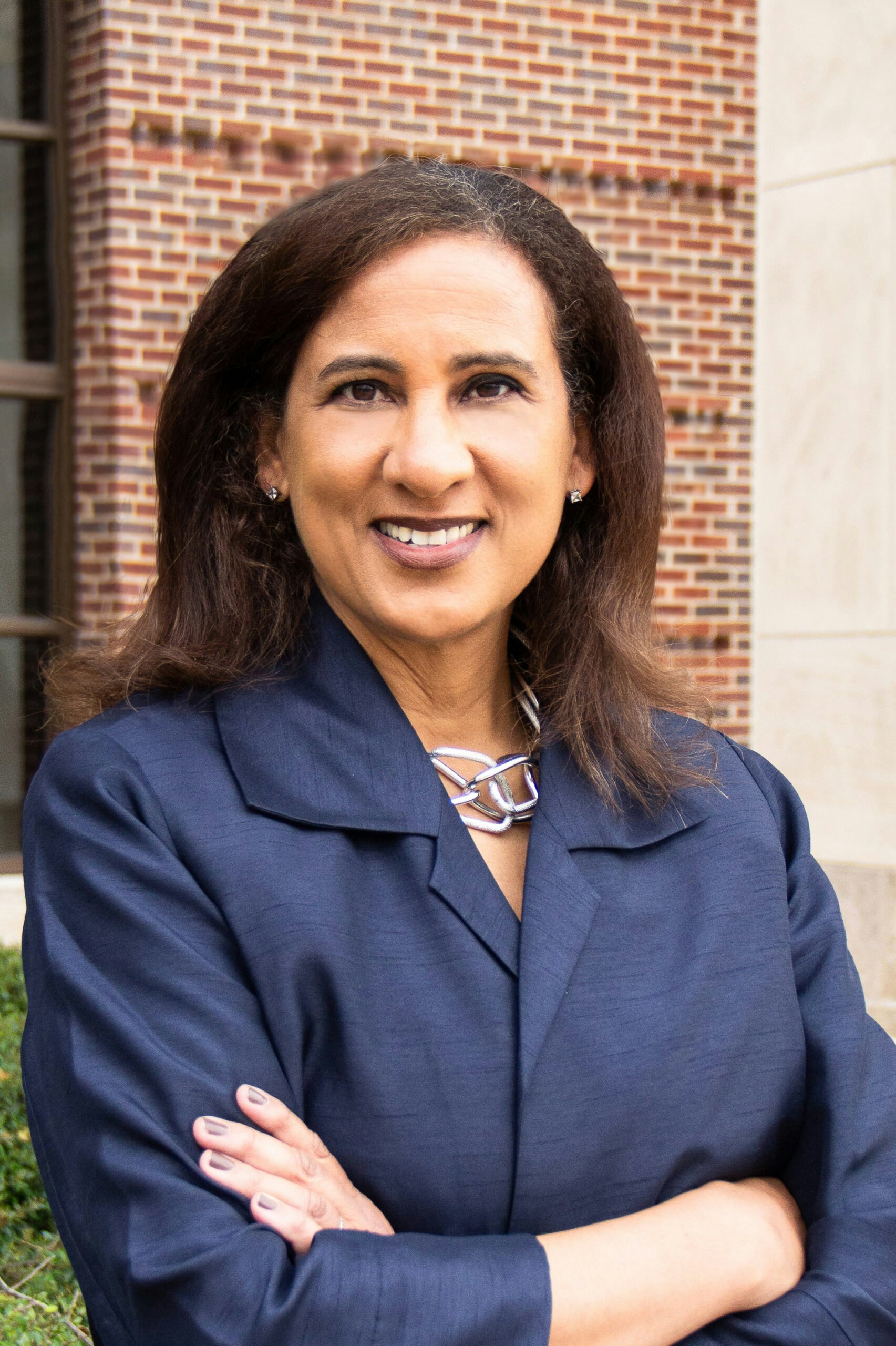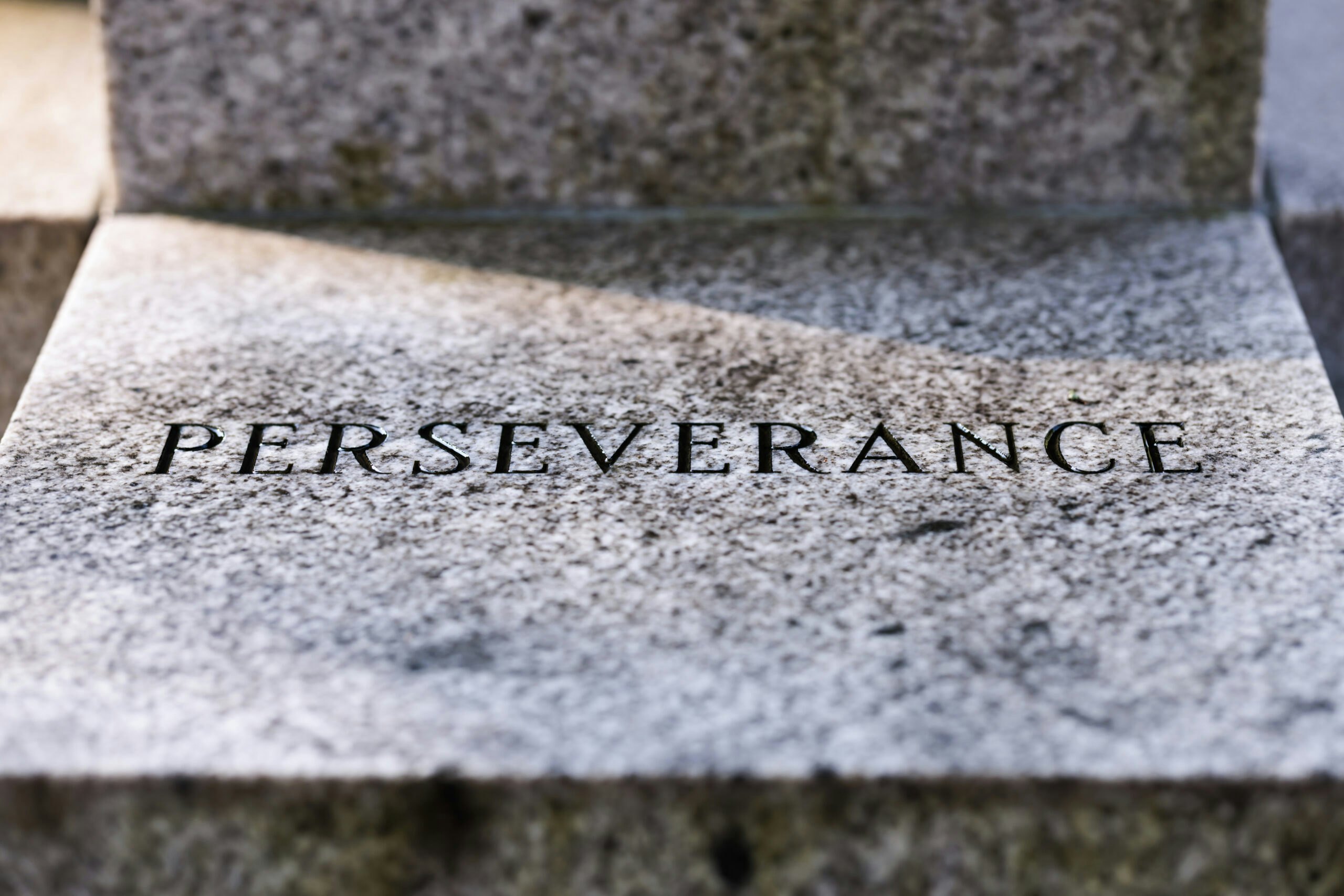This Fourth of July, America begins a year of celebration and reflection as we prepare for next year’s semiquincentennial – 250 years since our Founding Fathers courageously declared independence from Britain.
Milestones – birthdays, anniversaries, weddings – provide an opportunity to reflect on the deep significance of a moment within a longer storyline. And yet, for most Americans, July Fourth is rarely a milestone. More often, it is a brief acknowledgement and – truthfully, for most – a day off to grill and watch fireworks.
This year is different – or it should be. But on this Fourth of July, how should we think about this milestone, the last 249 years, and the next 250 to come?
We should think about our democracy with great hope and determination. And at the same time recognize that our democracy is facing significant challenges – nationwide protests, political violence, external threats, and heightened polarization.
American democracy is exceptional, fragile, and resilient, factors that compel every American to recommit to strengthening our democracy.
Exceptional doesn’t mean perfect; it means unusual or atypical. Our founders cast a vision for a nation, driven by democratic principle, not monarchy. A nation in which the power was in the hands of the people, not an unaccountable tyrant. A nation in which rights were to be protected, not subject to the whim of an unelected leader. Our founding defied all understanding of government.
And – in the glorious paradox that is the United States – the very visionaries who formed our democratic nation violated them in the most profound ways through slavery and disenfranchisement.
The exceptionalism of our nation lies in both the lofty vision of our Constitution and Bill of Rights and the long struggle to ensure all Americans could cash the promissory note of these founding documents. The moral principles and self-correcting mechanisms of our democracy have become the beacon and timeless tools of struggle for all Americans and an inspiration for the world. They have allowed us to form a nation not unified by blood, ethnicity, belief or ideology, but rather by commitment to democracy.
What is exceptional is our journey, grounded in democratic principles and the never-ending struggle to live up to those principles.
Our democracy is fragile, as all democracies are. Fragility is not weakness; it is an acknowledgment of the profound threats posed by selfish autocrats, power-hungry tyrants, and bigoted bullies. As we see from countries around the world, democracy and freedom can be taken from its people by those – elected or unelected – who choose to violate democratic principles and consolidate power for personal gain. Today, American democracy faces threats – both foreign and domestic – that seek to weaken our nation.
As President Ronald Reagan famously said, “Freedom is a fragile thing, and it’s never more than one generation away from extinction. It is not ours by way of inheritance; it must be fought for and defended constantly by each generation, for it comes only once to a people. And those in world history who have known freedom and then lost it have never known it again.” Democracy’s fragility is a reminder of the need for diligence.
Our democracy is resilient. Democracy requires the persistent, principled vigilance of courageous patriots. Our Founding Fathers courageously threw off the yolk of colonial rule and forged a new democratic nation, a shining city on the hill. Abolitionists, enslaved patriots, and Civil Rights leaders fought to make the ideals of our nation a reality for all people. Courageous soldiers and public servants fought at home and abroad to protect our democracy from tyrannical forces overseas that threatened to steal our liberties. The principles of our nation and the courage of our patriots have enabled our nation to flourish.
With hope and determination, we pick up the mantel of those who have shepherded our nation’s democratic journey. Let us make this July Fourth a milestone to recommit to jointly strengthening American democracy.
































